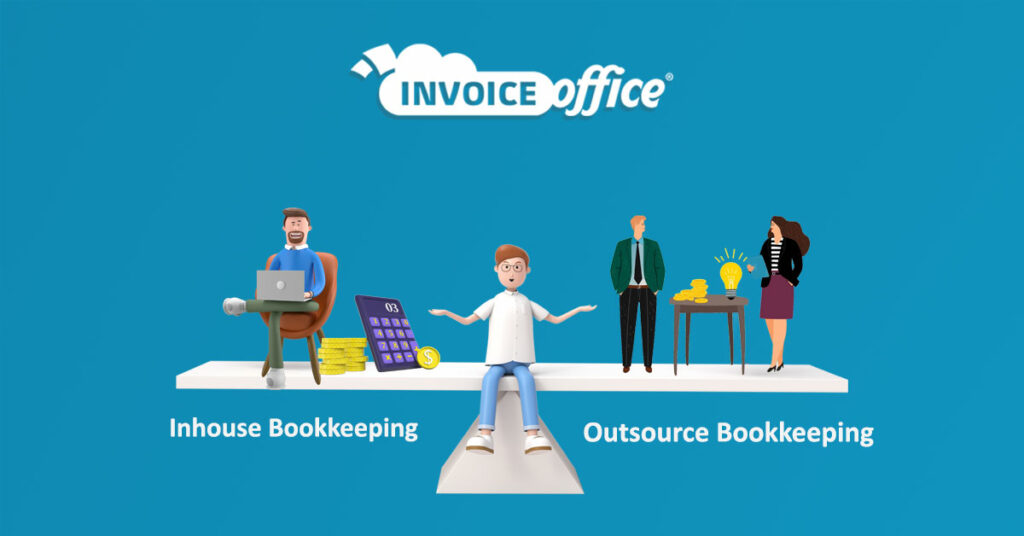Bookkeeping is a necessary part of any business. Not only does it keep track of financial information, but it also helps to organize and manage day-to-day tasks in order to keep the business running smoothly. Whether you are a small business or a large one, bookkeeping is an important tool for success. This can be done in a number of ways, including by keeping records of assets and liabilities, inventory management, and tax preparation.
There are individuals around who considered Bookkeeping software and then do it. But before considering the Bookkeeping software it is also important to know about in-house bookkeeping and outsourced bookkeeping.
In this article, you will be going to get information about in-house bookkeeping and outsourced bookkeeping in detail so keep reading till the last!
In-house bookkeeping:
In-house bookkeeping is a common practice in many businesses. It allows employees to keep track of their own finances and keep an eye on company profits. In addition, it can help to ensure that business records are correct and that money is properly budgeted. It includes tasks such as bookkeeping, data entry, and analysis. In-house bookkeeping can be helpful in ensuring that an organization is organized and efficient. By taking care of bookkeeping on your own, you can keep your business running smoothly and ensure that your financial information is always up to date. This can save you time and money in the long run.
Outsourced bookkeeping:
Outsourced bookkeeping is the practice of bookkeeping and financial reporting services being provided by a third party, such as an accounting firm or consultant. The main reasons for doing this are cost savings and reduced time commitment. In general, is done by someone else other than the bookkeeper who created and operates the accounting system. This type of bookkeeping can be helpful if you have an unreliable accountant or if you don’t have the time or resources to do your own bookkeeping.
Comparison:
In-house bookkeeping is a popular option for businesses because it can save time and money. In fact, many businesses prefer in-house bookkeeping because it eliminates the need to Contracts & Associates, a separate business that designs and prepares financial reports. Additionally, in-house bookkeeping can help businesses keep track of their financial position and performance more efficiently.
However, Outsourced bookkeeping has become increasingly popular in recent years as businesses try to save money and stay organized. However, there are a few risks associated with outsourced bookkeeping. First, many firms miss important financial disclosures that could result in criminal charges. second, Outsourced bookkeeping can lead to inaccurate financial reports that could have serious consequences for a business.
Conclusion:
In conclusion, the main difference between In-House Bookkeeping and Outsourced Bookkeeping is that In-House Bookkeeping is more focused on the bookkeeping process itself while Outsourced Bookkeeping may have a wider range of services provided to them such as accounting, financial planning, and tax preparation. Both businesses should be aware of the differences in order to make the best decision for their business.
Along with that, it is also a must to know about the billing software that can be in consideration for the respective tasks. For all the bookkeeping activities in your business, consider INVOICE OFFICE.
It is one of the best billing software available for catering to all the invoice needs of your business!




